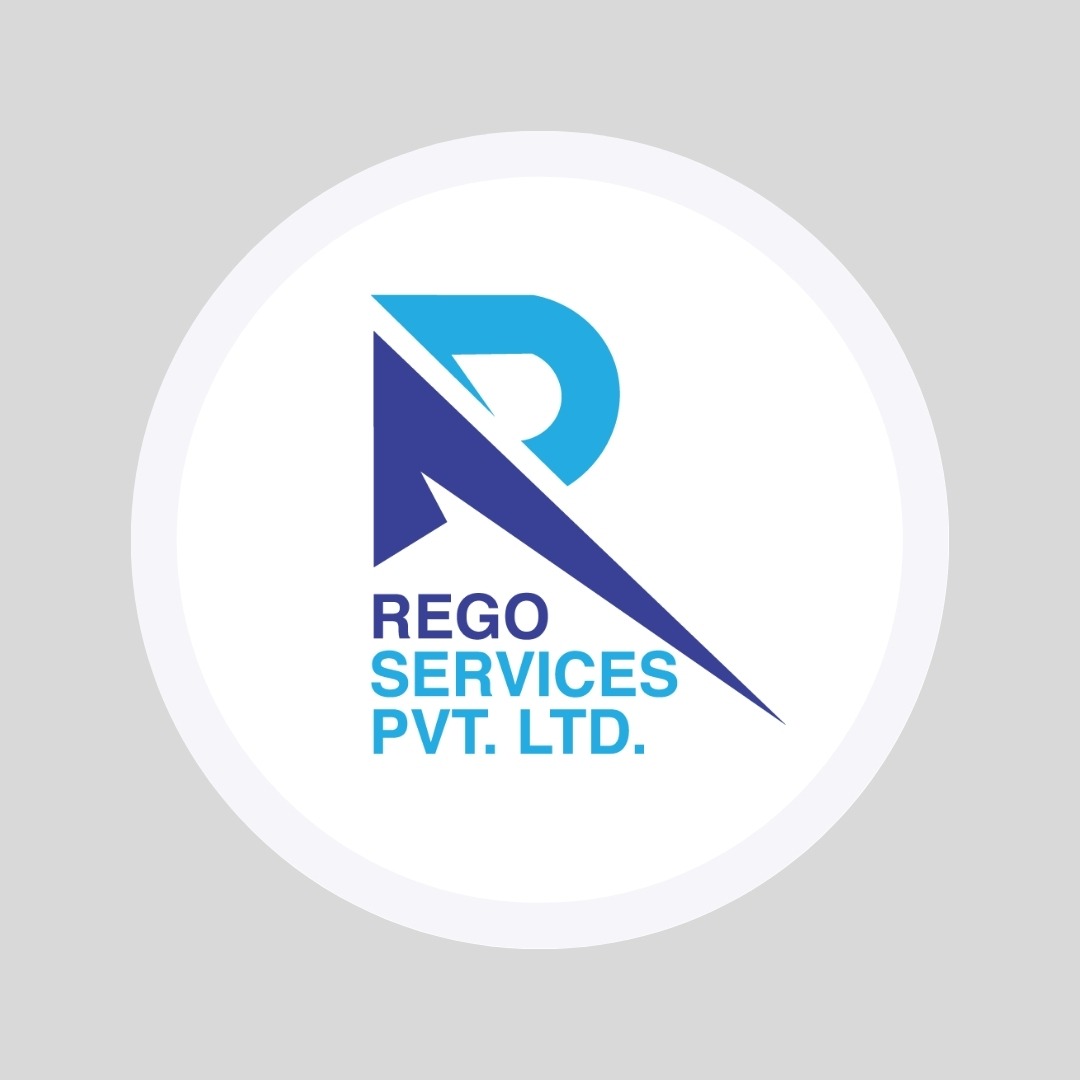There are no items in your cart
Add More
Add More
| Item Details | Price | ||
|---|---|---|---|
Wed Aug 13, 2025
Before we dive in, let’s quickly answer the big question: What is QCOs?
QCOs, or Quality Control Orders, are regulations set by the Government of India, often through the Bureau of Indian Standards (BIS), to ensure certain products meet strict safety and quality benchmarks. It’s like a VIP entry list for the market — only products with proper certification are allowed to join the party.
If you’ve ever wondered why QCOs required, the answer is pretty simple: they exist to protect you from substandard or unsafe products, maintain fair competition among manufacturers, and make sure businesses play by the same quality rules.
Now, for electronics manufacturers and importers, the changes brought by QCOs are pretty huge. Once a QCO is issued for a product category, manufacturers and importers need to secure BIS certification before selling or importing those items. Without it, not only do you risk penalties and product seizures, but you also lose out on the trust of customers.
If you’ve been in the electronics business for even a short time, you’ve probably heard of BIS standards. These are like the official recipe books for manufacturing — they tell you exactly how your product needs to be made, tested, and verified before it’s considered safe for the public.
Here’s where QCOs come into play. When a product cover under the QCOs, it means that particular gadget or appliance must meet the BIS standard before hitting store shelves. Think televisions, laptops, air conditioners, and even small items like electric irons or toasters. It’s not just about keeping consumers happy; it’s about ensuring the entire industry maintains a baseline level of quality.
And if you’re wondering how to get product list of QCOs, the process isn’t as complicated as it sounds. The Bureau of Indian Standards regularly publishes updated lists on its official website. You can simply visit, search for your product category, and check if it’s covered. Many industry associations also share QCO updates with their members, so staying connected can save you a lot of time.
Let’s make this a little more fun with some real-life style scenarios. Imagine you’re a manufacturer of high-end smart TVs in Delhi. One fine morning, you get an update from BIS saying that your product now falls under a new QCO. You have two choices — panic and risk selling without certification (which will earn you a very angry visit from enforcement officials), or act smart and quickly apply for BIS certification.
In the second scenario, you get your paperwork in order, send your product samples for testing, pass with flying colours, and proudly stamp the BIS mark on every TV you produce. Customers trust you more, your products get better reviews, and you even get a competitive edge over brands still struggling with compliance.
Now imagine the opposite. You ignore the QCO update, continue selling uncertified TVs, and suddenly face a hefty fine and a warehouse full of unsellable products. Not so fun, right?
The Indian electronics market is evolving faster than your smartphone’s software updates. Every year, new gadgets and technologies enter the scene — from AI-powered home assistants to ultra-efficient smart appliances. With this growth, you can expect QCOs to expand their list to cover more and more product types.
That’s why it’s essential to not just know how to get QCOs, but also to make compliance part of your regular business routine. Think of it like updating your phone — a small, regular effort to keep things running smoothly and avoid nasty surprises.
In the near future, you might see QCOs covering wearable tech, advanced gaming consoles, or even smart kitchen appliances. By staying informed, manufacturers and importers can avoid last-minute scrambles and turn compliance into a selling point. After all, customers are more likely to choose a product when they know it meets official safety standards.
QCOs may not be the most glamorous part of the electronics business, but they’re definitely one of the most important. They keep unsafe products off the shelves, protect consumer trust, and help maintain a fair and competitive market.
If you’re in the electronics industry, make it a habit to regularly check product cover under the QCOs and understand how to get product list of QCOs. The smoother you handle compliance, the more time you’ll have to focus on innovation, marketing, and growing your business — and that’s where the real fun begins.
So the next time someone asks you what is QCOs or why QCOs required, you can confidently say: it’s the reason our gadgets are safe, reliable, and ready to make life a little easier.

Rego Services Pvt. Ltd.
Educator in product certification for Indian and global markets.